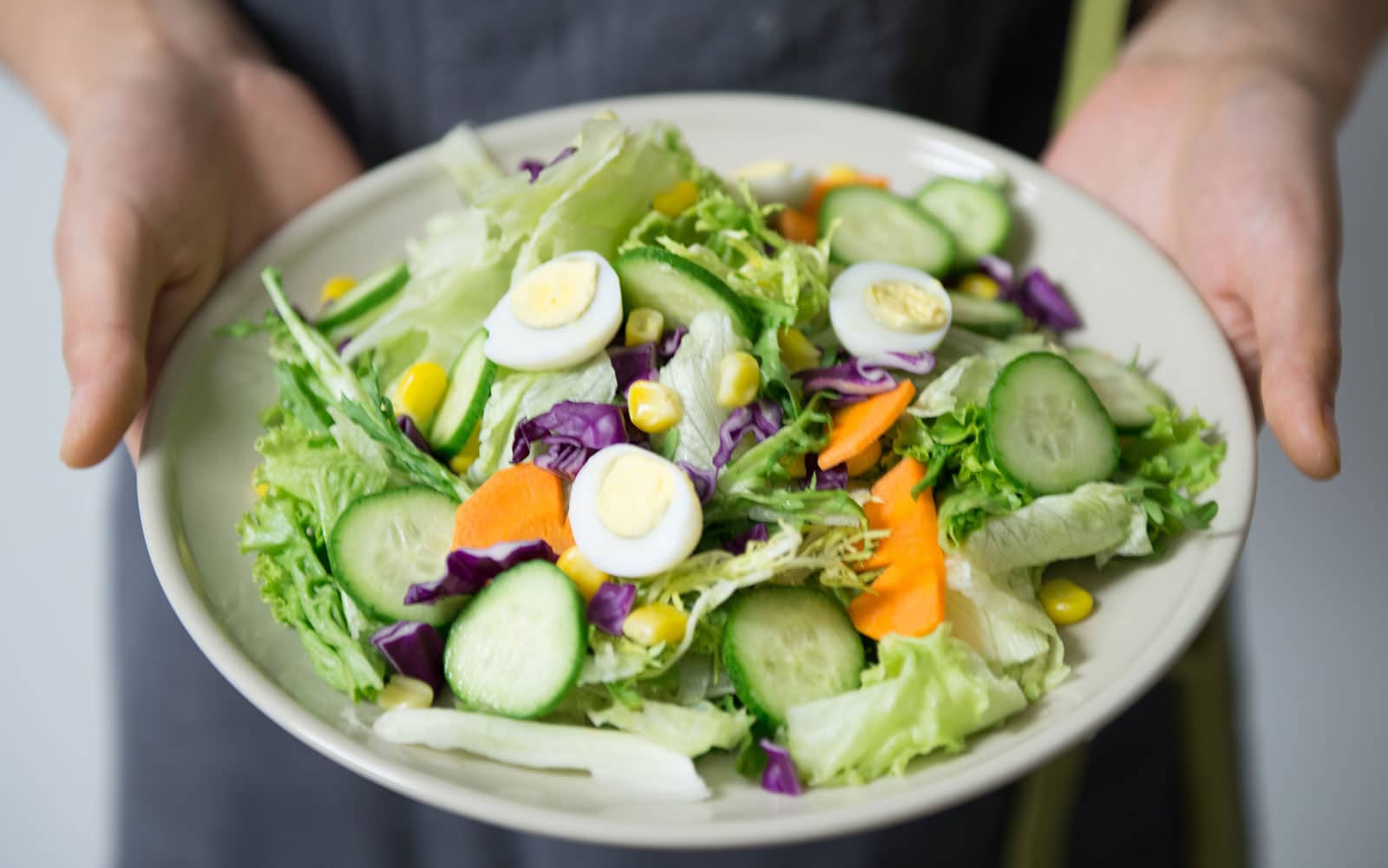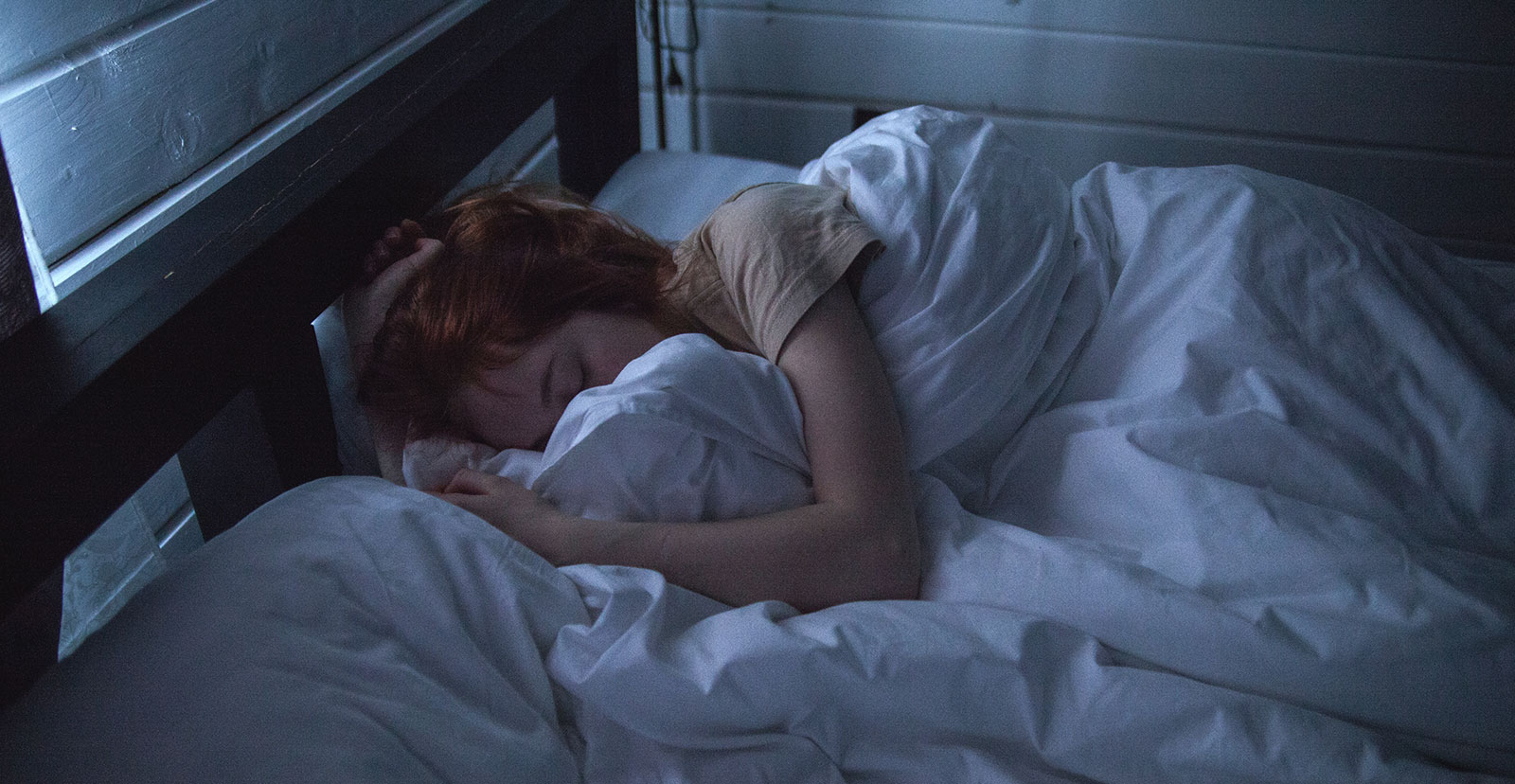
Can Wi-Fi devices affect male fertility?
Based on findings presented at this year’s ASPIRE conference in Hong Kong, a recent study has revealed that yes, Wi-Fi devices may

Based on findings presented at this year’s ASPIRE conference in Hong Kong, a recent study has revealed that yes, Wi-Fi devices may

A recent study has showed that supplementation of 600 mg of CoQ10 daily by older women improved both egg quality and fertilisation

A recent study aimed to investigate a possible link between unhealthy maternal nutrition on the reproductive functions of female and male adult

The most common cause of secondary infertility is usually age. Fertility in women starts to decline at 35 and will continue as

A low sperm count can be linked with dietary and lifestyle factors such as a zinc deficiency, smoking and underwear choice, so

A recent study published in the journal of Clinical Chemistry could offer many couples potentially provide a solution to why miscarriages occur.

Nothing can be more stressful than the “two week wait” at the end of your treatment cycle while you wait for the

Although it’s a complex disease, it is possible to achieve a healthy pregnancy if you are struggling with infertility caused by endometriosis.

Foods that have been shown to reduce the rate of inflammation and discomfort brought on by endometriosis can include fibrous foods and
Every story written here comes from Fertility First's Research Team, a group of scientists that doesn't just talk about the science behind fertility and reproduction, it lives and breathes it. Staffed by the doctors and scientists working behind the scenes at Fertility First, this team of dedicated embryologists, andrologists, and fertility experts collectively has over 40 years experience in the field.
Yes, chronic stress can impact fertility by disrupting hormonal balance and ovulation patterns. Managing stress through relaxation techniques, regular exercise, adequate sleep, and mindfulness practices may help optimise your chances of conception. Consider speaking with a counsellor if stress feels overwhelming.
Sperm health accounts for about 40% of conception challenges. Your partner can improve sperm health by maintaining a healthy weight, avoiding excessive heat exposure (hot tubs, saunas, tight clothing), limiting alcohol, quitting smoking, managing stress, and taking a multivitamin with antioxidants. Sperm takes about 3 months to develop, so lifestyle changes need time to show results.
Your fertile window typically spans 5-6 days, ending on ovulation day. For a regular 28-day cycle, this usually falls between days 10-15, with peak fertility 1-2 days before ovulation. Track your cycle using ovulation predictor kits, basal body temperature, or cervical mucus changes to identify your unique pattern. Having intercourse every 1-2 days during this window optimises your chances.